Religion & Politics
Consider the proper role of religion in public life.
Summer 2023
Washington, DC
Over the past fifty years, the United States has seen a dramatic revolution in family life. Marriage rates have cratered, fertility rates have fallen to all-time lows, and the question of whether the government should take an interest in strengthening families (and if so, how) has attracted attention from both sides of the political aisle.
This course will introduce fellows to both the philosophical and the empirical aspects of policy-making on issues related to the family. Fellows will read five rival understandings of the family and its role in society—from Plato through contemporary feminism—and then apply their thinking to current family policy debates. We will examine some of the most salient topics in family policy, including childcare, the child tax credit, and pro-natal policies. At the end of the week, fellows will have learned to think more clearly about the ways in which political philosophy does, and does not, bear directly on decisions made in the world of public policy.
Image: Ralph Eleaser Whiteside Earl, Family Portrait, 1804, National Gallery of Art
Patrick Brown on pro-family economics
This course was part of our residential Political Studies Program. Fellows participate in morning seminars and meet prominent men and women in public life over afternoon and evening sessions.
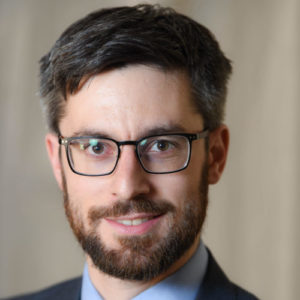
Daniel Burns is Associate Professor of Politics at the University of Dallas. His research in political philosophy focuses on the relation between religion and citizenship. He has recently served as a staffer for the U.S. Congress Joint Economic Committee and as a full-time contractor for the U.S. Department of Health and Human Services.

Daniel Burns is Associate Professor of Politics at the University of Dallas. He has held fellowships at the Catholic University of America and the University of Texas at Austin. He was on academic leave for government service between January and June of 2020, where he advised the U.S. Department of Health and Human Services.
His research in political philosophy focuses on the relation between religion and citizenship. He is currently working on a book called Against Secularism: Religious Identity and Liberal Democracy. He has also written on Al-Farabi, Thomas More, John Locke, Sayyid Qutb, the Strauss-Kojève debate, Joseph Ratzinger, Samuel Huntington, American foreign policy, and the modern Catholic church. He is a member of the Neuer Schülerkreis Joseph Ratzinger/Benedikt XVI., a Germany-based group of scholars dedicated to advancing Ratzinger’s intellectual legacy.
He holds a B.A. in Political Science from Williams College and a Ph.D. in Political Science from Boston College.
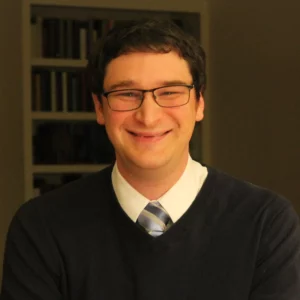
Patrick T. Brown is a fellow at the Ethics and Public Policy Center, where his work focuses on developing a robust pro-family economic agenda and supporting families as the cornerstone of a healthy and flourishing society. Prior to joining EPPC, Patrick served as a Senior Policy Advisor to Congress’ Joint Economic Committee (JEC).

Patrick T. Brown is a fellow at the Ethics and Public Policy Center, where his work focuses on developing a robust pro-family economic agenda and supporting families as the cornerstone of a healthy and flourishing society.
His writing has been published in The New York Times, National Review, Politico, The Washington Post, and USA Today, and he has spoken on college campuses and Capitol Hill on topics from welfare reform to child care and education policy.
He has published reports on paid leave and family policy with the Institute for Family Studies, and edited an essay series featuring working-class voices for American Compass. He is an advisory board member of Humanity Forward and the Center on Child and Family Policy, and a contributing editor to Public Discourse.
Prior to joining EPPC, Patrick served as a Senior Policy Advisor to Congress’ Joint Economic Committee (JEC). There, he helped lead research about how to make it more affordable to raise a family and more effectively invest in youth and young adults. He also previously worked a government relations staffer for Catholic Charities USA.
Patrick graduated from the University of Notre Dame with a degree in political science and economics. He also holds a Master’s in Public Affairs from Princeton University’s Woodrow Wilson School of Public and International Affairs. He and his wife Jessica have three young children and live in Columbia, S.C.
Readings:
Discussion Questions:
Readings:
Discussion Questions:
Readings:
Discussion Questions:
Readings:
Discussion Questions:
Readings:
Discussion Questions:
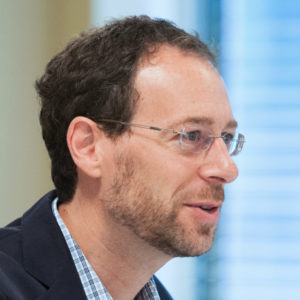
Bryan Garsten
Bryan Garsten is Professor of Political Science at Yale University. He writes on questions about political rhetoric and deliberation, the meaning of representative government, the relationship of politics and religion, and the place of emotions in political life.
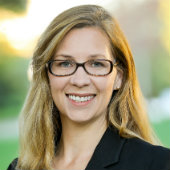
Jenna Silber Storey
Jenna Silber Storey is a senior fellow in the Social, Cultural, and Constitutional Studies department at the American Enterprise Institute (AEI), and co-director of AEI’s Center for the Future of the American University. She is concurrently an SNF Agora Fellow at Johns Hopkins University, and a research fellow at the Civitas Institute at the University of Texas at Austin. She also serves on the executive committee of the Alliance for Civics in the Academy.
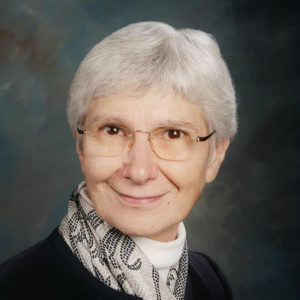
Amy A. Kass
Amy Apfel Kass (1940 – 2015) was a senior fellow at the Hudson Institute, Senior Lecturer Emerita in the humanities at the University of Chicago, and coeditor of What So Proudly We Hail: The American Soul in Story, Speech, and Song. She was an award-winning teacher of classic texts.
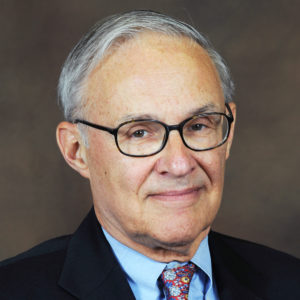
Leon R. Kass
Leon R. Kass, M.D., is the Madden-Jewett Scholar at the American Enterprise Institute and Harding Professor Emeritus in the Committee on Social Thought at the University of Chicago. From 2001 to 2005, he was chairman of the President’s Council on Bioethics.
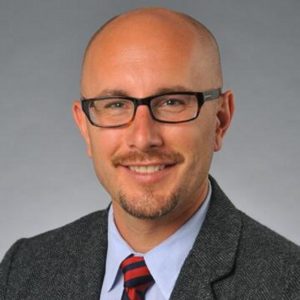
Daniel DiSalvo
Daniel DiSalvo is a Senior Fellow at the Manhattan Institute’s Center for State and Local Leadership and an Assistant Professor of Political Science at The City College of New York-CUNY. His scholarship focuses on American political parties, elections, labor unions, state government, and public policy.
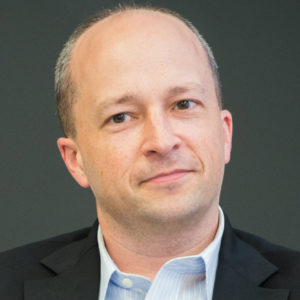
Yuval Levin
Yuval Levin is a Resident Scholar and Director of Social, Cultural, and Constitutional Studies at the American Enterprise Institute and the Editor of National Affairs magazine. Mr. Levin served on the White House domestic policy staff under President George W. Bush.
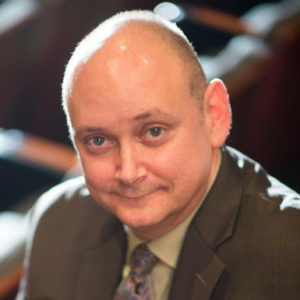
Greg Weiner
Greg Weiner is President of Assumption University and founding director of the Daniel Patrick Moynihan Center for Scholarship and Statesmanship. He is the author of American Burke: The Uncommon Liberalism of Daniel Patrick Moynihan and Old Whigs: Burke, Lincoln and the Politics of Prudence.